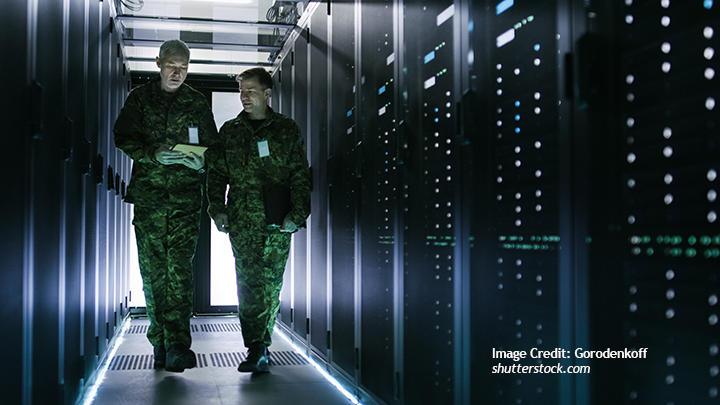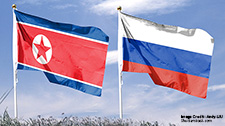Future Defence Policy Regarding the Emergence of New Military Technology Threats

Mats Engman
Introduction:
The ability to combine technological advancements with new policies and doctrines is vital for national security. Being able to organize, equip, train, and deploy forces to effectively deal with new challenges requires more than simply introducing new high-tech equipment into existing structures. In the current security environment, innovations ranging from artificial intelligence, to increasingly sophisticated autonomous drones, to space-based weapon system are forcing planners and analysts to constantly reevaluate their calculations. Social and political changes, as well as breakthroughs in civilian engineering, further complicate the already complex picture. In this paper Mats Engman discusses the ways in which new technologies and practices are creating new challenges for decision makers and addresses some of the ways in which defense policies will change as a result.
This report was written on behalf of the Korea’s Association for International Security and Cooperation (AISAC) and first presented at the International Seminar on “New Security Threats and International Peace Cooperation”, in Seoul on Oct 14. 2021
Related Publications
-
ISDP Annual Report 2023
ISDP’s Annual Report for the year 2023. We look back on 2023, a year in which tensions and conflicts captured the strategic space in ISDP’s focus areas, making headlines around […]
-
What Comes Next for North Korea-Russia Relations?
North Korea and Russia have taken their relations to a new level after the leaders of the two countries held an in-person summit meeting on Wednesday. While Pyongyang and Moscow […]
-
South Korea’s Indo-Pacific Strategy, Atmanirbhar Bharat, and the IPEF: Convergence and Commonality
For some time now, the existing multilateral networks such as those of the United Nations (UN) system have been largely ineffective in providing good global governance and helping create resilience, […]
-
Risk Reduction and Crisis Management on the Korean Peninsula
The situation on the Korean Peninsula is inherently intertwined with the growing instability of the East Asian security environment, where high tensions significantly increase the risk of unintended incidents and armed […]
-
Washington Declaration: Beyond Korea, What it Means for India?
In April 2023, South Korea and the United States released the Washington Declaration to reiterate and upgrade their treaty alliance. In outlining a joint nuclear deterrence strategy, the Declaration reaffirmed […]




